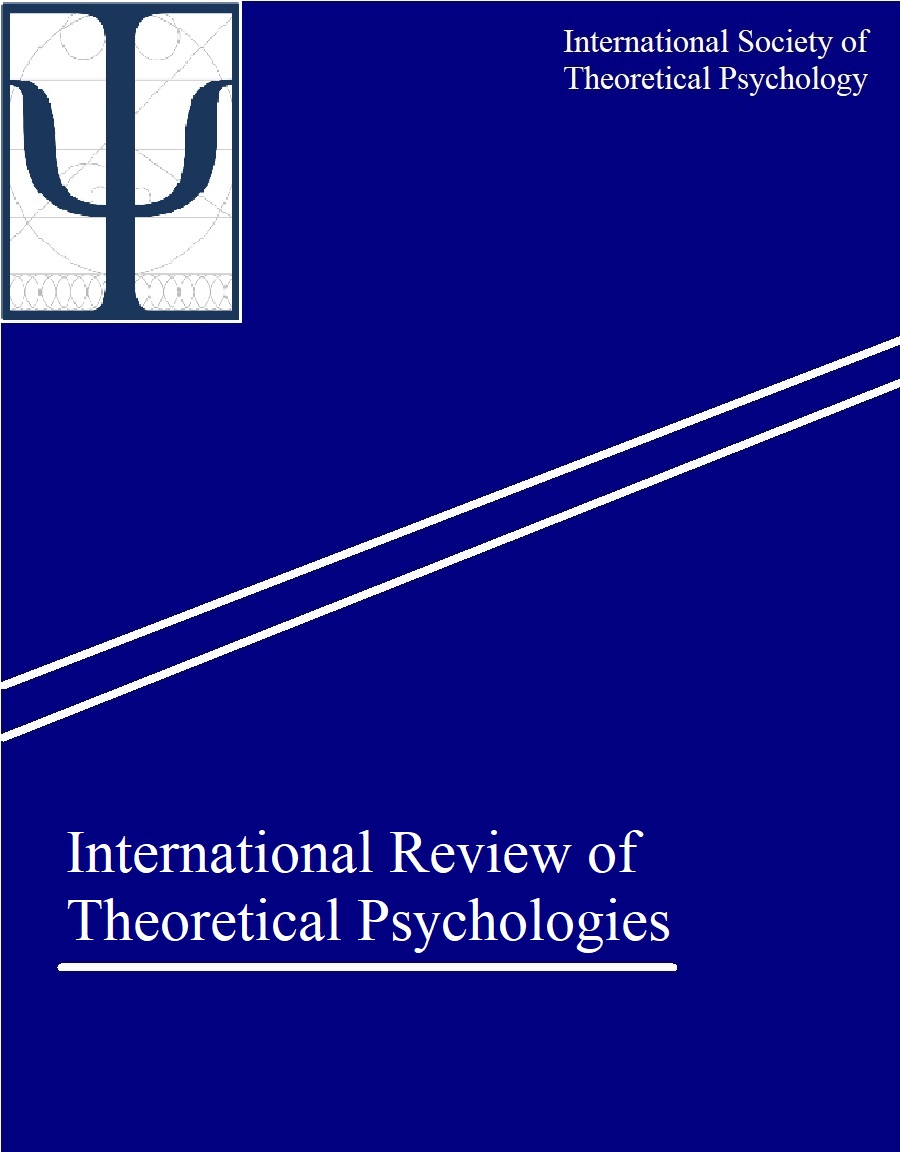Psychology challenged
Refocusing our conceptual endeavors when culture-nature and technology kick in
DOI:
https://doi.org/10.7146/irtp.v1i1.127074Keywords:
Acceleration and psychology theorizing, Material-discursive psychology ethics, Psychology complexity, Social media, Digital agencyAbstract
The challenges that psychology encounters when studying the human and the social in times of accelerating and heterogeneously composed processes of becoming, call for theorizing of and analytical attention to complexity at multiple levels. This attention needs to focus a comprehensive horizon of intra-acting elements and agencies, while still maintaining the human as an important focus of research. In this article I discuss how the efforts to pursue this ambition may find inspiration from some of the analytical perspectives offered by poststructuralist and new materialist frameworks. While surpassing orthodoxy in all versions I encourage a continuous diffractive reading of such perspectives with those of other theoretical traditions to maintain theorizing as a vital, processual and curious endeavor that remains relevant and sensitive to an always moving and surprising empirical reality. My reflections on psychology theorizing is nurtured by brief empirical examples from my own and my colleagues’ research. These examples include different versions of technologically involved human relating and agency, e.g., linked to children and young people’s use of social media, computer gaming among children, and young people’s involvement in digital sexual practices. The technologically mediated, formative processes entailed in digital participation among children and young people constantly open new horizons of potential identities, positionings, and body cultures that call for analytical sensitivity. In the last part of the paper, I discuss the ethical implications of a complexity sensitive psychology theorizing. I argue that the ethics of psychological empirical research must embrace the apparatuses that enable and enact social and subjective being, becoming, and agency as mattering and discursively entangled processes. Without losing sight of the individual, a retuning of research ethics therefore implies working on the vitalization and response-ability of the apparatus in its heterogeneous composition and the agential entanglement that produces the phenomena in focus.
Downloads
Published
How to Cite
Issue
Section
License
Copyright (c) 2021 Dorte Marie Søndergaard

This work is licensed under a Creative Commons Attribution-NonCommercial-ShareAlike 4.0 International License.
IRTP operates based on a non-exclusive publishing agreement, according to which the journal retains the right of first publication, but authors are free to subsequently publish their work. The copyright of all work rests with the author(s).
All content published in IRTP is licensed under a Creative Commons Attribution-NonCommercial-ShareAlike 4.0 International license (CC BY-NC-SA 4.0). This license allows authors and readers to share and adapt content for non-commercial purposes, provided that they abide by the following terms:
- Give credit to the original author(s)/creator(s) and attribution parties (i.e., IRTP);
- Provide a link to the original source, to the extent practicable;
- Include the copyright notice and/or indicate the corresponding Creative Commons license;
- Indicate what, if any, adaptations were made to the original; and
- Share adapted content under the same license as the original.
Authors are encouraged to familiarize themselves with the various Creative Commons licenses. Readers are advised to consult the licensing information embedded in each published work to ensure that they are familiar with the terms of use that apply.





